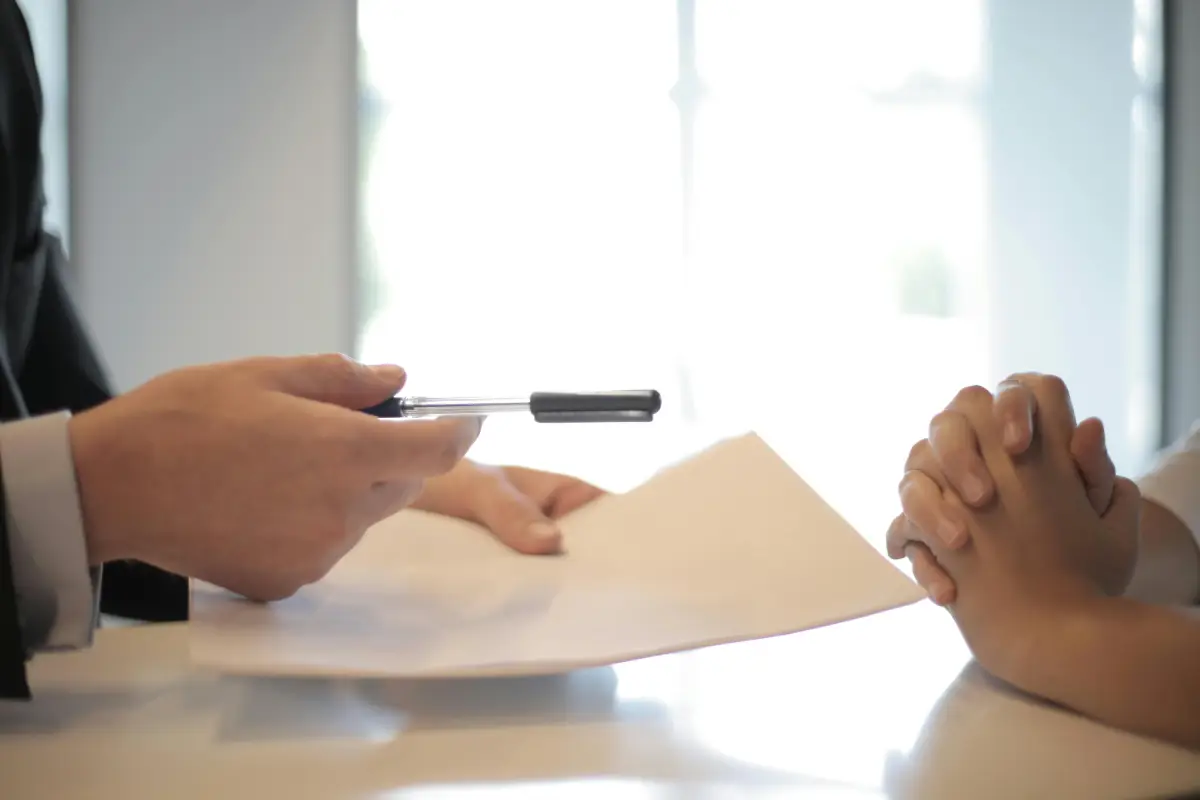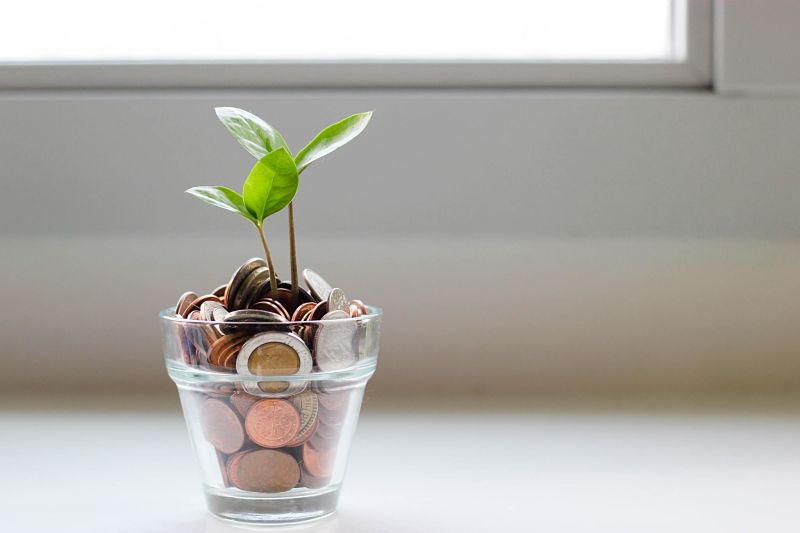
As the nights start to draw in and the days get shorter, thoughts often turn to the upcoming festive celebrations. While you may already be thinking about the New Year’s resolutions you’ll put in place for next year, there’s still time to get your finances in order ahead of the Christmas break.
Here are five simple financial steps you should take before the end of the year.
Submit your tax return
Figures from HMRC revealed that more than 750,000 people submitted their tax return on the last day before the deadline in 2018.
Submitting your tax return late can result in penalties and charges, so it’s worth being prepared and getting your return in on time.
Rather than joining the mad rush to meet the 31 January deadline, consider sending your tax return in now. You’ll ensure you won’t be penalised for late submission, and you’ll still have a few weeks to pay the tax that you owe before the end of January deadline.
Review all your Direct Debits
Over time, you can accumulate a dizzying number of Direct Debits from your bank account. With so many subscriptions, charitable donations and recurring costs coming out of your account it’s easy to lose track of your total spending.
It can pay to sit down on a regular basis and go through all your payments to ensure you’re not forking out for anything that you are not using. Are you getting the most out of subscriptions to Netflix, Spotify or Amazon Prime? Are you paying too much for your gym or other memberships? And are you paying for your bank account itself?
Make sure all your direct debits are worth keeping and cancel any that you no longer need.
Top up your ISA
The annual ISA allowance is now £20,000. If you don’t use your annual limit, you lose it on April 6.
Even though you have a few months left before the tax-year end, plan how you will maximise your tax-free savings.
Many people use their cash ISA as an ‘emergency fund’, as it offers instant access to savings in the event of an emergency. Paul Gordon, a managing director at Lloyds Banking Group, says budget for one-off expenses such as birthdays and holidays, and build a cash pot for emergencies: “Otherwise unexpected costs, like a broken boiler, can really set you back.”
Set a savings target for next year
Once you’ve been through your Direct Debits and you’re able to work out how much cash you have available to spend, you can then start to set some goals. Before this year is out, it is worth sitting down and setting yourself a new savings target for next year.
2017 research from challenger bank Masthaven found that savers looking to build up their savings set themselves a precise target, and that the average target was £4,000.
Dominic Baliszewski, director of consumer strategy at Momentum UK, says: “Set aside a regular amount every month. This may take a bit of discipline at first but will soon become second nature.”
If you’re thinking of starting some medium or long-term saving, our Stocks and Shares ISA is a tax-efficient ways of helping your savings go further.
If you have a bit of spare cash left over, why not put it aside now and get a head start on next year’s savings?
Deal with your debts
Approaching the end of the year is the perfect time to look at your debts to see how much interest you are paying and whether there are any savings you can make.
If you have credit card balances, then consider moving them onto a balance transfer card. You may pay a fee to transfer, but you could save hundreds or even thousands of pounds in interest.
If your mortgage is on your lender’s Standard Variable Rate (SVR) then you may able be able to switch to a better deal elsewhere.
Even if your only debt is your bank overdraft, there is lots of competition in the banking sector and you may get a better deal on your current account.


